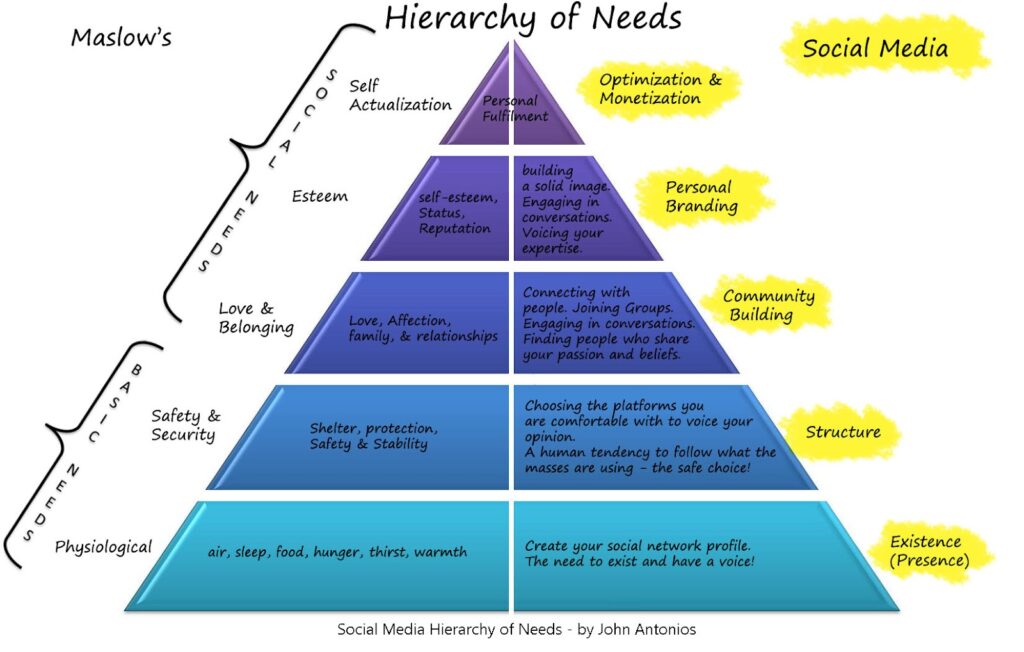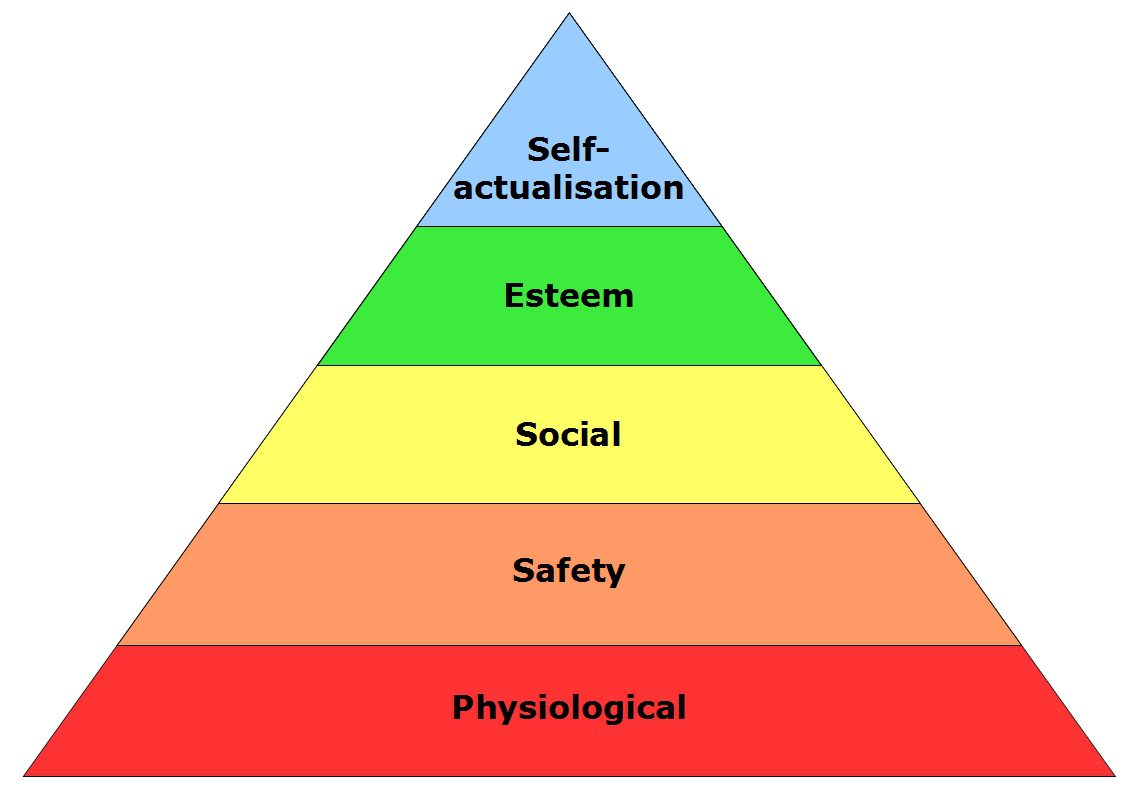Maslow’s Hierarchy of Needs Theory: A Foundation for Effective Management

Maslow’s Hierarchy of Needs Theory is one of the most influential management theories that have shaped our understanding of human motivation and behavior in the workplace. Developed by renowned psychologist Abraham Maslow, this theory provides invaluable insights into the needs and desires that drive individuals to perform at their best.
At its core, Maslow’s theory suggests that individuals have a set of hierarchical needs that must be fulfilled in a specific order. These needs range from basic physiological needs, such as food and shelter, to higher-order needs, such as self-actualization and personal growth. By understanding and addressing these needs, managers can create an environment that fosters motivation and enhances employee performance.
In the context of human resources management, Maslow’s theory offers a roadmap for building a positive and engaging culture within an organization. By recognizing and meeting employees’ basic physiological needs, such as fair compensation and a safe working environment, managers can create a foundation of trust and security. This, in turn, allows employees to focus on higher-order needs, such as social belongingness and self-esteem.
A workplace that values interpersonal relationships and teamwork can help fulfill these social needs. Encouraging open communication, providing opportunities for collaboration, and recognizing employees’ contributions can foster a sense of belonging and camaraderie. When individuals feel valued and supported by their peers and superiors, they are more likely to be motivated and engaged in their work.
Additionally, Maslow’s theory emphasizes the importance of personal growth and self-actualization. Managers can support employees in achieving these needs by providing opportunities for professional development and career advancement. By offering training programs, mentorship initiatives, and challenging assignments, organizations can empower their employees to reach their full potential and contribute to the overall success of the company.
While Maslow’s Hierarchy of Needs Theory provides valuable insights, it is essential to remember that individual needs and motivations may vary. Managers must be flexible and adaptive in their approach, recognizing that what motivates one employee may not necessarily motivate another. By adopting a personalized approach to motivation, managers can create a workplace that caters to the diverse needs of their employees.
In conclusion, Maslow’s Hierarchy of Needs Theory is a powerful tool for managers to understand and address the diverse needs and motivations of their employees. By recognizing and fulfilling these needs, organizations can create a culture that fosters motivation, engagement, and personal growth. By incorporating this theory into their management practices, leaders can lay a strong foundation for success in today’s dynamic and competitive business environment.





